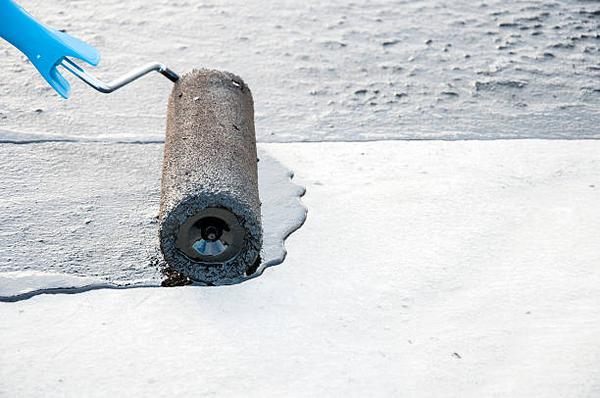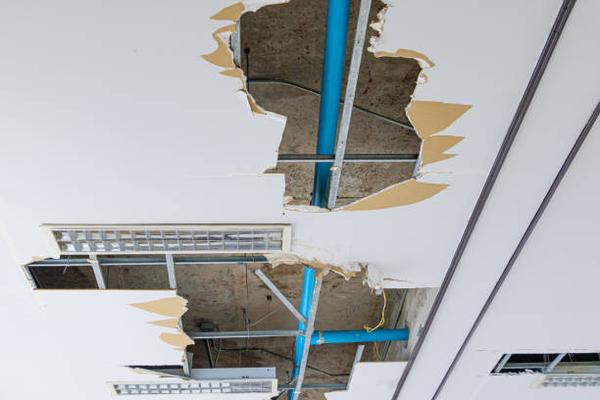Electric vehicles (EVs) are rapidly growing in popularity due to their environmental benefits and cost-efficiency. With this increase in demand for EVs, the need for home charging stations has also escalated. While some may attempt a DIY installation of an EV charger, it’s crucial to understand that such tasks should be left to skilled electricians who have the expertise and knowledge necessary to ensure a safe and efficient setup.
Installing an EV charger is not as simple as plugging in your phone or laptop. It involves dealing with high voltage electricity which can be dangerous if not handled correctly. The process includes understanding electrical codes, obtaining permits, installing a dedicated circuit, and ensuring explore the possibilities charger is compatible with your vehicle’s charging system – all tasks best suited for a professional electrician.
A skilled electrician will first conduct an assessment of your home’s current electrical system. They’ll determine whether it can handle the additional load from an EV charger or if upgrades are needed. This step is crucial because overloading your home’s electrical system could lead to power outages or even fires.
Next comes selecting the right type of charger for your vehicle and lifestyle needs. There are various types of chargers available on the market with different speeds of charging capabilities; Level 1 chargers which use standard household outlets, Level 2 chargers that require dedicated circuits and offer faster charging times, and DC Fast Chargers that provide ultra-fast charging but typically aren’t suitable for residential installations due to their high power requirements.
After choosing the appropriate charger type, obtaining necessary permits becomes another important task where a professional electrician plays a vital role. They’re familiar with local regulations regarding EV charger installations making them well-equipped to navigate through any bureaucratic red tape quickly while ensuring compliance with all safety standards.
The actual installation process involves setting up a dedicated circuit from your main electrical panel to wherever you plan on placing your EV charger – usually in a garage or driveway area. This requires precise knowledge of electrical wiring and circuitry – further emphasizing the need for a skilled electrician.
Lastly, once the installation is complete, an electrician will conduct a thorough inspection to ensure everything operates correctly. They’ll test the charger with your vehicle and guide you through its operation, giving you peace of mind knowing that your EV charging station has been installed safely and correctly.
In conclusion, while installing an EV charger might seem like a straightforward task, it’s far from it. The process involves several complex steps that are best left to professionals who possess the necessary skills and experience. By hiring a skilled electrician for this job, not only do you ensure safety but also efficiency in your EV charger installation – making the transition to green driving smooth and hassle-free.





